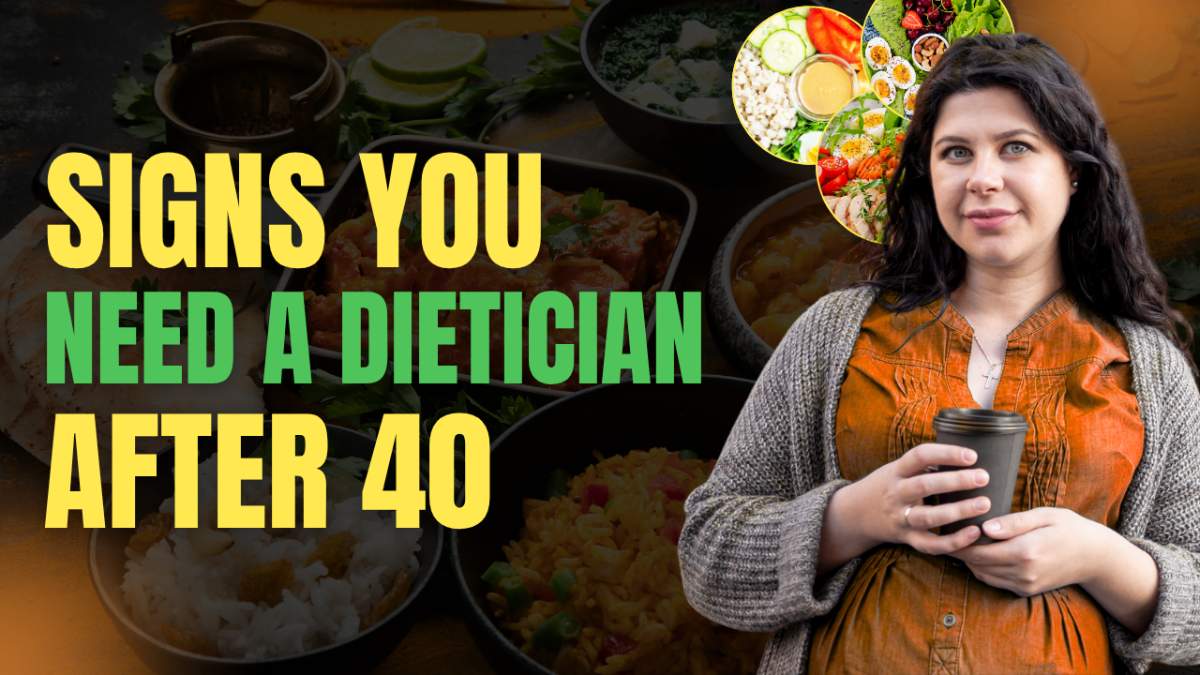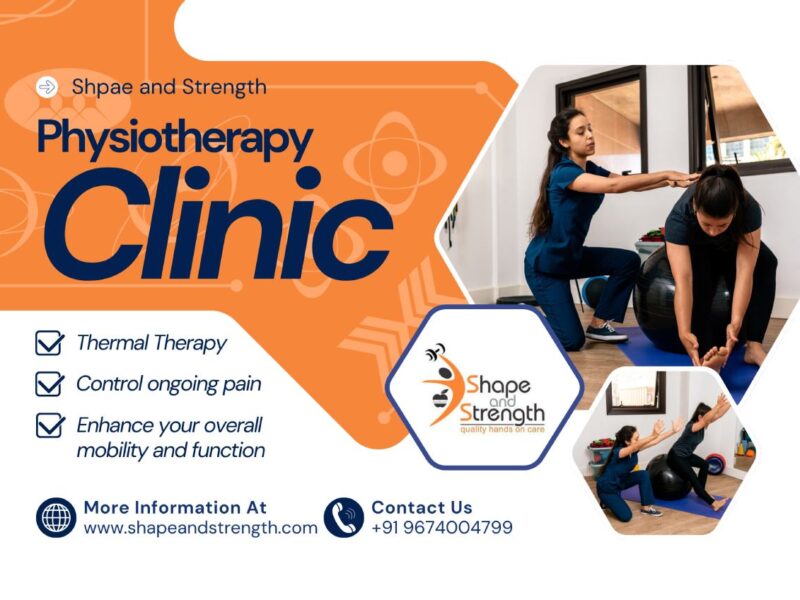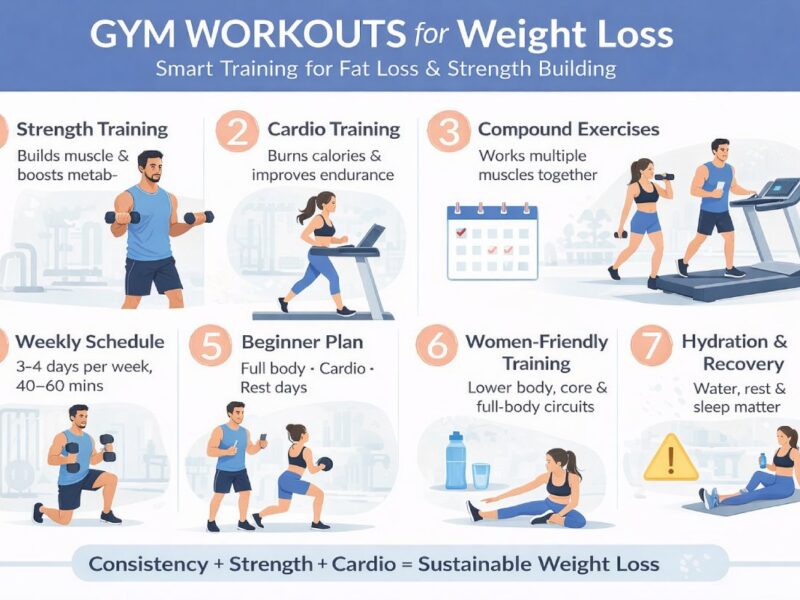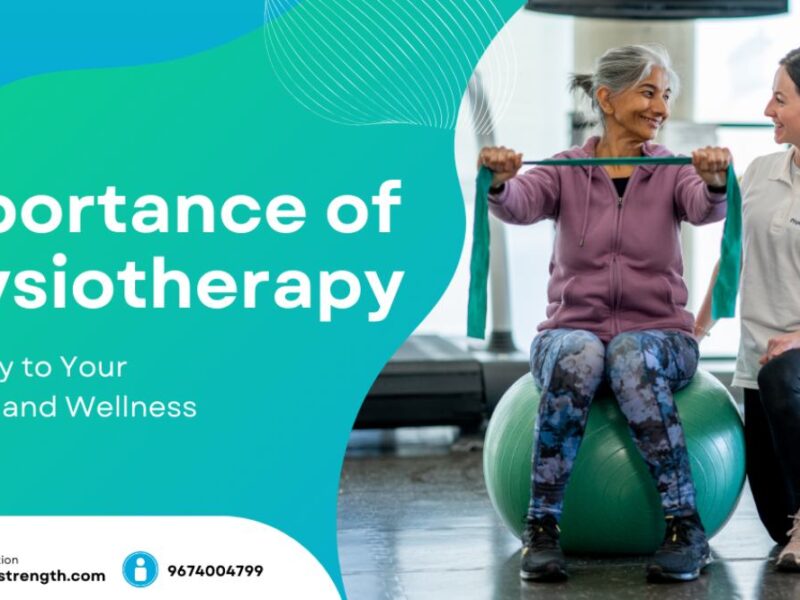By the time we hit 40, many of us begin noticing that our body doesn’t respond the same way it used to.
Weight creeps up, energy dips, joints complain, hormones shift. But this doesn’t have to feel like surrendering to ageing.
With the right approach—good nutrition + consistent exercise—you can stay strong, energetic, and healthy.
Below are tips and insights especially for women over 40 living in India (or with Indian diets/lifestyle), and signals that it might be time to see a dietician.
Why 40+ Needs Special Care (What Changes in The Body)
- Slower metabolism — As we age, metabolism tends to slow, so you burn fewer calories at rest.
- Loss of muscle mass — Without regular resistance or strength work, muscle gradually diminishes.
- Bone health risks rise — Declining estrogen and age increase risk of osteoporosis.
- Hormonal fluctuations — Perimenopause or menopause bring changes in estrogen, progesterone, and often insulin sensitivity.
- Micronutrient gaps — Absorption of B-12, iron, vitamin D, calcium can become inefficient.
Because of all this, what “worked” nutritionally in your 20s or 30s may no longer be sufficient or even wise.
You’ll need to adapt.
Signs You Should Consult a Dietician
Sometimes you can self-correct, but other times a professional is essential. Watch out for:
- Unexplained weight gain/loss — If you’re eating roughly what you did before but weight is rising or dropping significantly without reason.
- Chronic fatigue / low energy — When rest, sleep or “just eat more” don’t fix the tiredness.
- Hormone / thyroid fluctuations — Irregular periods, hot flashes, mood swings, or diagnosed thyroid issues.
- Digestive distress — Bloating, gas, constipation, IBS symptoms, or sudden change in gut behavior.
- Bone or joint issues — Persistent joint aches, history of fractures, or early signs of osteoporosis.
- Health conditions needing diet control — Diabetes, hypertension, high cholesterol, PCOS, fatty liver, kidney disease, etc.
- You feel lost / overwhelmed with conflicting diet advice — Keto today, intermittent fasting tomorrow, low-carb, etc. A dietician can custom-fit your plan.
A dietician (or a registered nutritionist) can assess your labs, medical history, lifestyle, and preferences to design a plan that actually works for you, not generic advice.
Key Nutrition Tips for Women 40+ (Indian Context)
Here are some dietary habits that make a real difference:
1. Prioritize protein (spread across meals)
As muscle loss begins, protein becomes more critical. Aim for about 1.2 to 1.6 g per kg body weight (adjusted by activity).
Include eggs, moong/chickpea dal, paneer/tofu, fish (if non-veg), Greek yoghurt, sprouts, legumes.
2. Choose “smart carbs” over refined carbs
Switch white rice, maida, polished flours to brown rice, millets (ragi, jowar, bajra), quinoa, whole wheat. These are slower-digesting and help maintain stable blood sugar.
3. Don’t be afraid of healthy fats
Include omega-3 & good fats (flax seeds, walnuts, chia, cold-pressed oils, small fish) to support hormones and reduce inflammation.
4. Calcium + Vitamin D + Magnesium combo
For bone strength: ragi, sesame seeds, paneer, milk, green leafy vegetables. Also, safe sun exposure and possibly supplements after testing.
5. Micronutrients matter: B-12, iron, zinc
If you’re vegetarian, a B-12 deficiency risk is higher. Include iron-rich foods (spinach, beetroot, dates) along with vitamin C sources to aid absorption.
6. Fibres, probiotics & gut health
Whole grains, dal, vegetables, fruits, and fermented foods (curd, idli, dosa, pickles done right) help digestion and immunity.
7. Anti-inflammatory foods
Turmeric, ginger, garlic, berries, nuts, leafy greens help calm systemic inflammation.
8. Hydration & smart beverage choices
Drink water, herbal teas; reduce sugary drinks and limit processed “health drinks.”
9. Avoid or limit ultra-processed foods & sugar
These contribute to weight gain, insulin resistance, and inflammation.
You May Like Also: Healthy Snacks for Weight Loss: A Comprehensive Handbook
Why Exercise Becomes Even More Important After 40
If nutrition is the fuel, exercise is the spark that helps your body use that fuel well. Here’s why it’s crucial:
- To preserve and build muscle — Strength (resistance) training signals your body to hold onto muscle, which keeps metabolism active.
- For bone strength — Weight-bearing exercises help maintain bone density.
- To support metabolism & insulin sensitivity — Exercise improves blood sugar control.
- To boost mood, sleep, and energy — Movement releases endorphins, regulates hormones, helps you sleep better.
- To maintain mobility, joint health, posture — Flexibility, balance, cardio keep you agile and lower injury risks.
Suggested types of exercise & frequency
- Strength / resistance training: 2–3 days a week (bodyweight exercises, resistance bands, light dumbbells)
- Cardio / aerobic: 3–5 days a week (brisk walking, cycling, dancing, swimming)
- Flexibility & balance: daily or alternate days (yoga, stretching)
- Functional movement: tasks that mimic real life (squatting, reaching, pulling)
Even a daily 30-minute walk is far better than nothing. Over time, add intensity or variety.
Sample Day (Indian-style) for 40+ Woman
| Meal Time | What to Include |
| Morning | Warm water + lemon or ginger; then a protein smoothie / moong dal chilla / oats + nuts |
| Mid-morning | Fruit + handful of nuts |
| Lunch | Millet or brown rice + dal + sabzi + a side salad + curd |
| Evening | Green tea / herbal tea + roasted chana or sprouts or vegetable soup |
| Dinner | Chapati / millet roti + vegetable + paneer/tofu/dal + lightly cooked greens |
| Night (if needed) | Warm milk (low-fat) with a pinch of turmeric |
Also include small protein snacks if hungry between meals, and ensure portion control.
Common Myths & Pitfalls to Avoid
- “Cut all carbs” — That often backfires. Choose quality carbs instead.
- “Only cardio is enough” — Without strength work, muscle loss accelerates.
- “Supplements will fix everything” — They help only when your food/diet base is solid.
- “If a diet worked for someone else, I’ll copy it” — Your body, history, metabolism are unique.
Conclusion
Reaching 40 isn’t a decline — it’s a transition. With thoughtful nutrition and consistent movement, you can make it your healthiest decade yet.
Pay attention to the signals your body gives you, such as energy levels, weight changes, and digestion, and don’t hesitate to seek guidance.
Working with a qualified dietitian in your area can provide personalized support, helping you stay on track and make informed choices.






